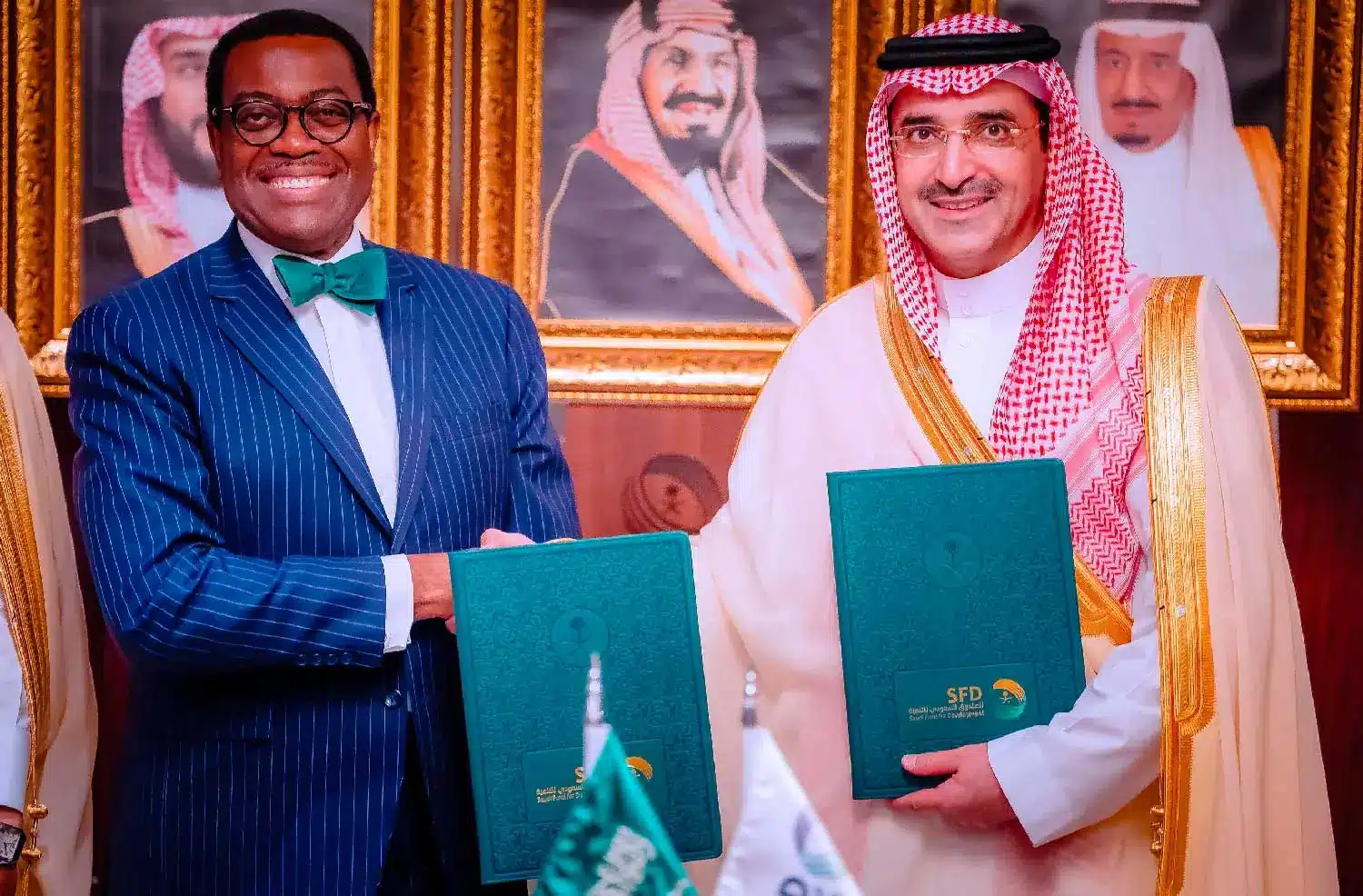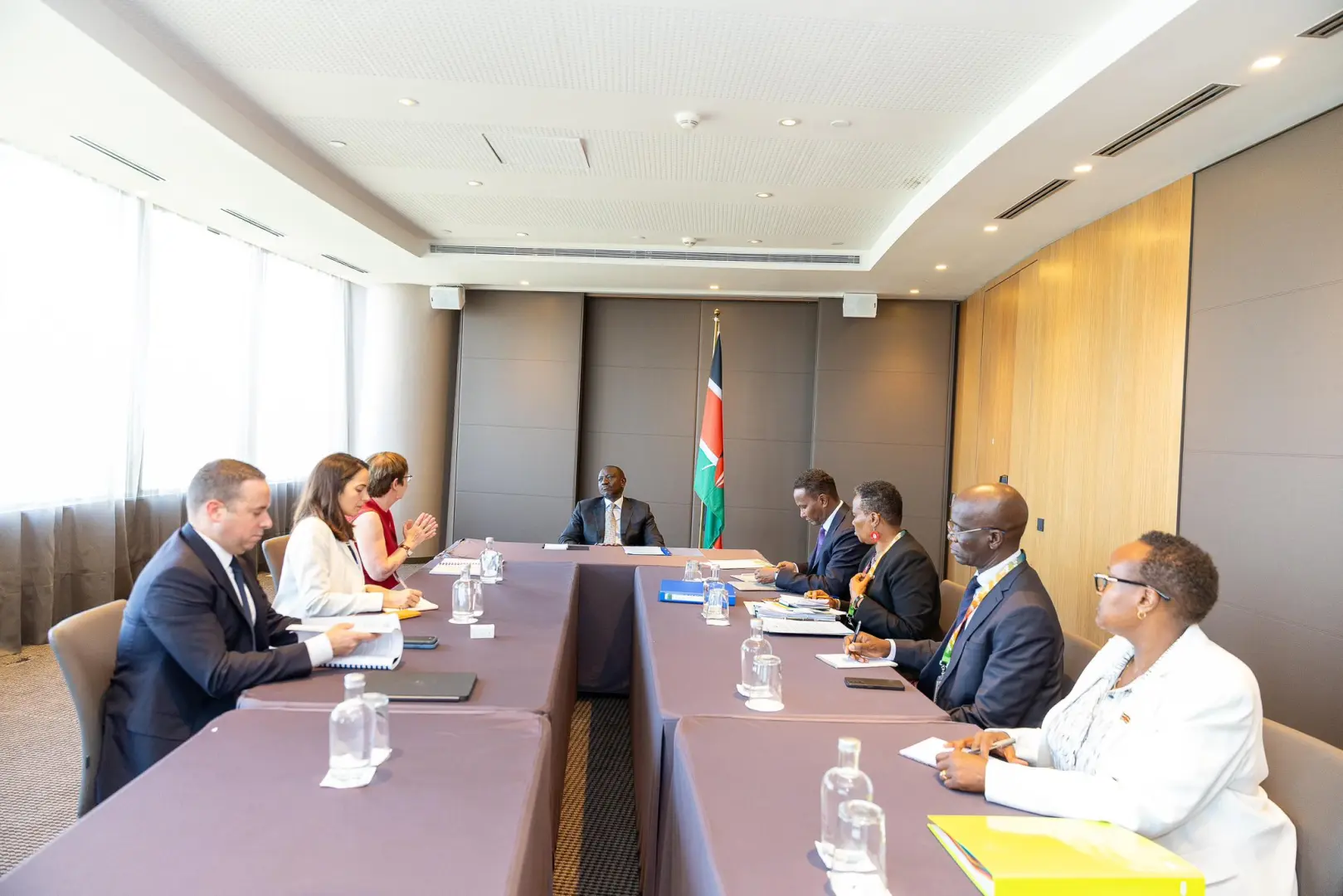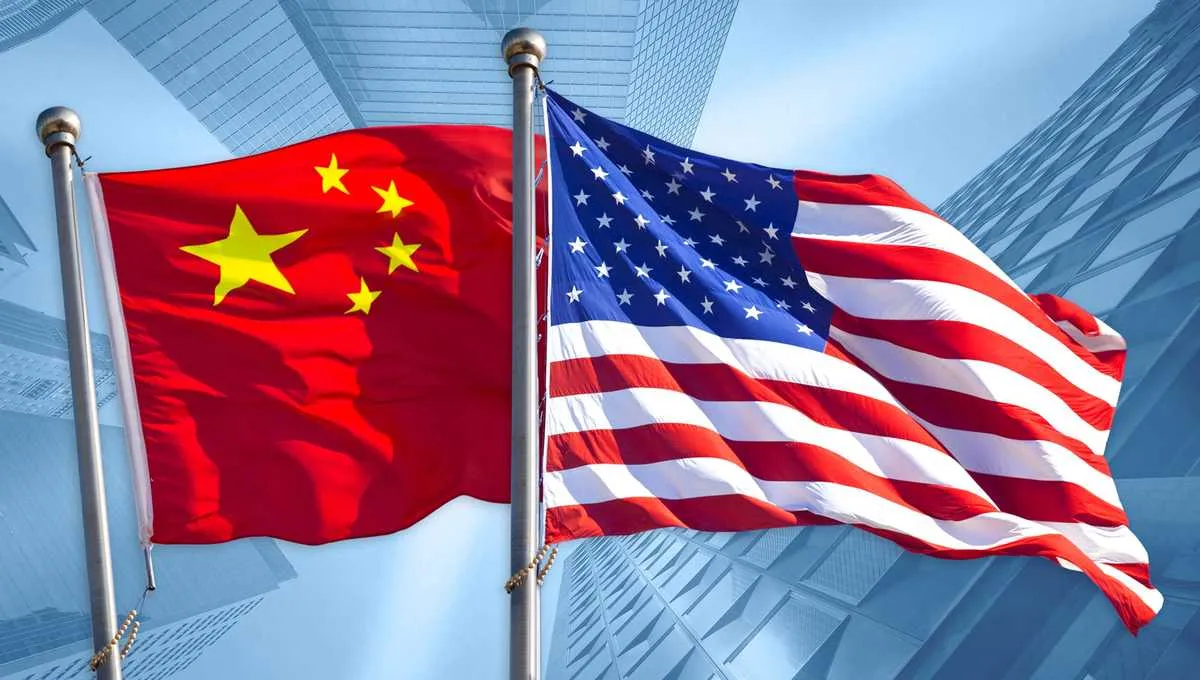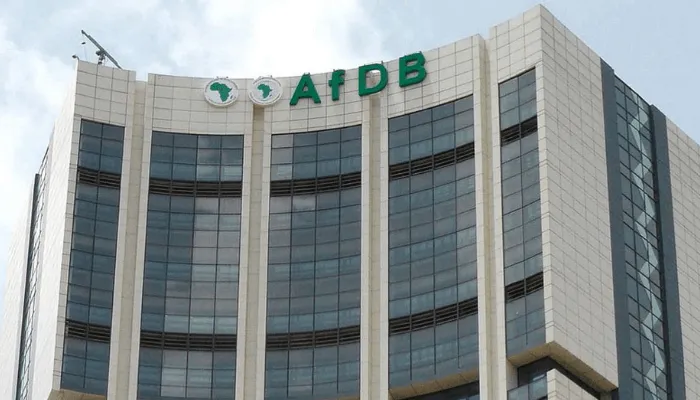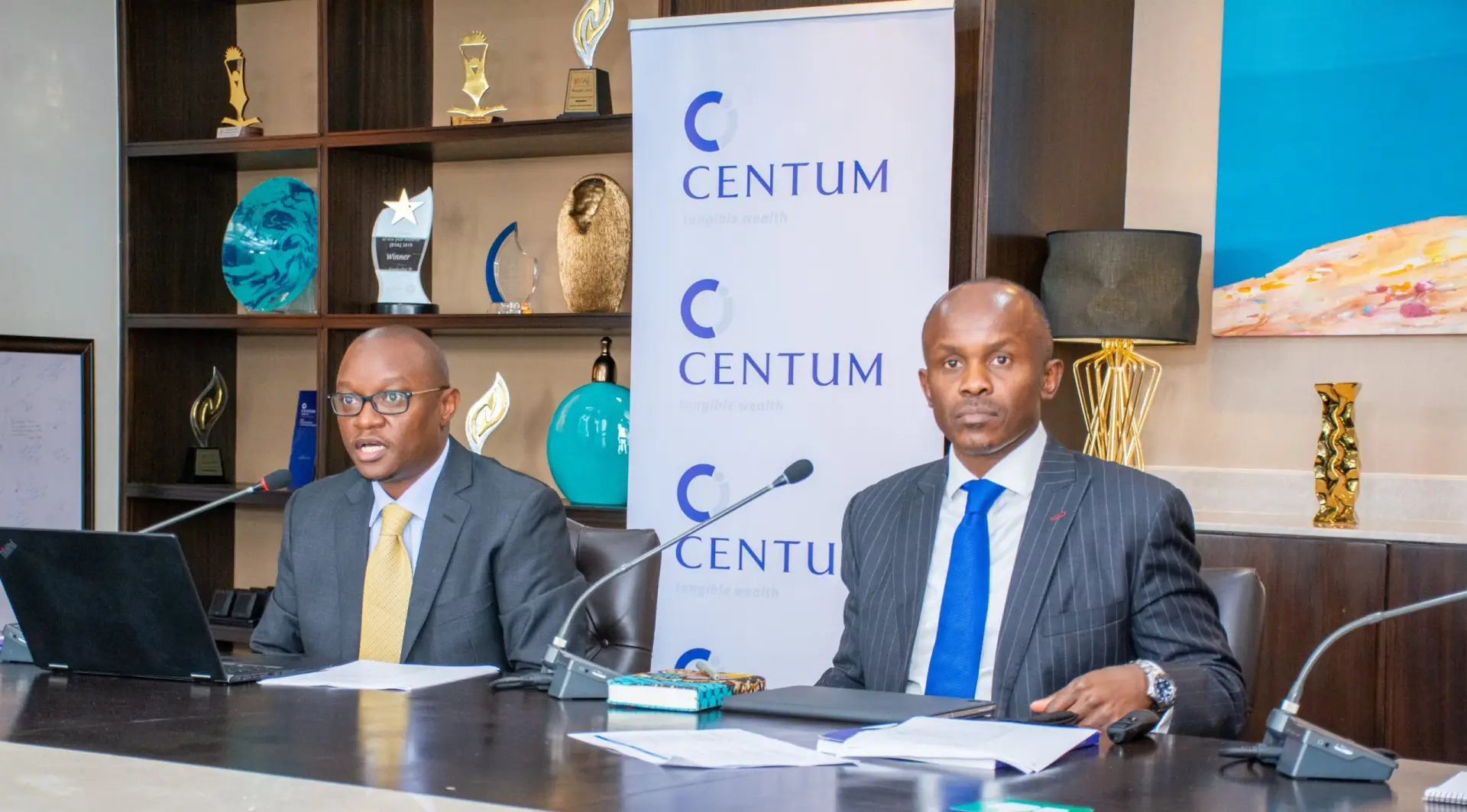Introduction
In a significant acknowledgment of Saudi Arabia’s role in Africa’s development, Dr. Akinwumi Adesina, the president of the African Development Bank Group (AfDB), has praised the Kingdom for its substantial financial support and commitment to the continent. Speaking at the 50th-anniversary celebration of the Saudi Fund for Development (SFD) in Riyadh, Dr. Adesina lauded the fund’s contributions, which have touched nearly every aspect of daily life in sub-Saharan Africa. With over $5.3 billion invested in 407 projects across 41 African countries, Saudi Arabia’s involvement in Africa is more than just financial—it’s a testament to the Kingdom’s dedication to fostering sustainable development in the region.
Saudi Arabia’s Role in Africa’s Development
Saudi Arabia’s relationship with Africa has evolved significantly over the past few decades, transitioning from sporadic aid to a more structured and strategic partnership. The Saudi Fund for Development, established in 1974, has become a cornerstone of this relationship, channeling billions of dollars into key sectors such as infrastructure, healthcare, education, and agriculture.
Dr. Adesina, in his speech, emphasized the transformative impact of the SFD’s investments. He noted that the Fund’s work is not just about providing financial resources but about understanding and addressing the real needs of African communities. The projects financed by the SFD are diverse, ranging from irrigation systems that boost food production to dams that generate energy, from hospitals that improve maternal and child health to roads and airports that connect remote areas to the global economy.
One of the most striking aspects of the SFD’s approach is its flexibility and responsiveness to the needs of African countries. Unlike some other development partners, the SFD does not impose strict conditions on its financing. Instead, it operates with an “open heart, open hands, and open purse,” as Dr. Adesina put it. This approach has made the SFD a preferred partner for many African nations, who appreciate the Fund’s commitment to supporting their development goals without unnecessary bureaucracy or conditionality.
Key Projects and Their Impact
The Saudi Fund for Development’s investments have had a profound impact on various sectors across Africa. Here are some of the key projects and their significance:
1. Infrastructure Development
Infrastructure is critical for economic growth, and Saudi Arabia’s investments have been pivotal in this area. The construction of roads, bridges, and airports has improved connectivity within and between African countries, facilitating trade and movement. For instance, the construction of the Addis Ababa-Djibouti railway, partially financed by the SFD, has revolutionized trade between Ethiopia and Djibouti, reducing transportation time and costs significantly. This railway has become a vital trade corridor, boosting economic activity in the region.
Additionally, the development of ports and airports has opened up new opportunities for African countries to engage in global trade. The expansion of Mombasa Port in Kenya, supported by Saudi funds, has increased its capacity to handle larger volumes of cargo, making it a key gateway for trade in East Africa.
2. Healthcare and Education
Healthcare and education are foundational for human development, and Saudi Arabia’s contributions in these sectors are notable. The construction of hospitals and healthcare centers has improved access to medical services in underserved areas. For example, the King Salman Hospital in Mauritania, funded by the SFD, has become a major healthcare facility in the region, offering specialized services that were previously unavailable.
In the field of education, Saudi Arabia has supported the construction of schools and vocational training centers, helping to equip the next generation with the skills they need to thrive in a modern economy. The establishment of the King Abdullah University in Nigeria, which focuses on science and technology, is a prime example of Saudi Arabia’s commitment to education in Africa. This institution is not only providing high-quality education to African students but is also fostering research and innovation that will benefit the continent.
3. Energy and Water Resources
Energy access remains a significant challenge in many parts of Africa, with millions of people lacking reliable electricity. Saudi Arabia has stepped in to address this issue by financing the construction of dams and power plants. The Gibe III Dam in Ethiopia, for instance, has been a game-changer for the country’s energy sector, providing a substantial increase in electricity generation and supporting the government’s efforts to electrify rural areas.
Water scarcity is another critical issue in Africa, and Saudi Arabia has been actively involved in projects that improve water access and management. The construction of water reservoirs and irrigation systems has not only provided communities with clean drinking water but has also supported agriculture, which is the backbone of many African economies. The Green Morocco Plan, supported by Saudi funds, is an ambitious initiative aimed at improving water management and agricultural productivity, contributing to food security and economic growth in the region.
Saudi-Africa Summit: A Blueprint for Future Cooperation
The relationship between Saudi Arabia and Africa took a significant leap forward during the Saudi-Africa Summit held in November 2023, which was attended by over 40 heads of state and government. The summit, hosted by Crown Prince Mohammed bin Salman, set out a blueprint for future cooperation, focusing on areas such as trade, investment, and security.
Dr. Adesina highlighted the importance of this summit in his speech, noting that it laid the groundwork for deeper engagement between Saudi Arabia and Africa. The summit’s outcomes included agreements on increased Saudi investment in African infrastructure, energy, and agriculture, as well as commitments to enhance trade relations between the two regions.
One of the key takeaways from the summit was the emphasis on mutual benefit. Saudi Arabia is not just a donor; it is a partner seeking to build long-term, sustainable relationships with African countries. This partnership approach is reflected in the projects funded by the SFD, which are designed to deliver tangible benefits to African communities while also supporting Saudi Arabia’s broader economic and geopolitical goals.
Strategic Alliances and Future Prospects
Dr. Adesina’s praise for Saudi Arabia was not just about acknowledging past achievements; it was also about looking forward to future opportunities. He noted that the African Development Bank has forged strategic alliances with major Saudi institutions, resulting in billions of dollars of co-financing for projects in Africa. These partnerships are expected to grow in the coming years, as both regions seek to deepen their economic ties.
One area of potential growth is renewable energy. Africa has vast untapped potential in solar, wind, and hydropower, and Saudi Arabia, with its expertise in energy development, is well-positioned to help unlock this potential. The AfDB and Saudi partners are already exploring joint ventures in this area, with the goal of increasing access to clean energy across the continent.
Another promising area is digital transformation. As Africa’s population continues to grow, there is an increasing demand for digital infrastructure and services. Saudi Arabia has recognized this trend and is investing in ICT projects that will help bridge the digital divide in Africa. The expansion of broadband networks and the development of e-government services are just some of the initiatives that are expected to drive Africa’s digital economy forward.
Conclusion: A Partnership for Progress
In his speech, Dr. Adesina encapsulated the spirit of the Saudi-Africa relationship: “The African Development Bank is your friend and strategic partner in Africa.” This partnership, built on mutual respect and shared goals, is poised to drive Africa’s development in the years to come. As the SFD celebrates its 50th anniversary, it is clear that its work in Africa is far from over. With continued support from Saudi Arabia and strategic partnerships with institutions like the AfDB, Africa is on a path toward sustainable growth and prosperity.
The future of Saudi-Africa relations looks bright, with both regions standing to benefit from closer ties. As Dr. Adesina concluded, “I wish the Saudi Fund for Development another 50 exciting years ahead, as we partner together to support Africa with renewed dedication to accelerate Africa’s development.” This sentiment reflects the optimism and potential that characterize this unique and evolving partnership.
Photo source: Google
By: Montel Kamau
Serrari Financial Analyst
3rd September, 2024
Article, Financial and News Disclaimer
The Value of a Financial Advisor
While this article offers valuable insights, it is essential to recognize that personal finance can be highly complex and unique to each individual. A financial advisor provides professional expertise and personalized guidance to help you make well-informed decisions tailored to your specific circumstances and goals.
Beyond offering knowledge, a financial advisor serves as a trusted partner to help you stay disciplined, avoid common pitfalls, and remain focused on your long-term objectives. Their perspective and experience can complement your own efforts, enhancing your financial well-being and ensuring a more confident approach to managing your finances.
Disclaimer: This article is for informational purposes only and does not constitute financial advice. Readers are encouraged to consult a licensed financial advisor to obtain guidance specific to their financial situation.
Article and News Disclaimer
The information provided on www.serrarigroup.com is for general informational purposes only. While we strive to keep the information up to date and accurate, we make no representations or warranties of any kind, express or implied, about the completeness, accuracy, reliability, suitability, or availability with respect to the website or the information, products, services, or related graphics contained on the website for any purpose. Any reliance you place on such information is therefore strictly at your own risk.
www.serrarigroup.com is not responsible for any errors or omissions, or for the results obtained from the use of this information. All information on the website is provided on an as-is basis, with no guarantee of completeness, accuracy, timeliness, or of the results obtained from the use of this information, and without warranty of any kind, express or implied, including but not limited to warranties of performance, merchantability, and fitness for a particular purpose.
In no event will www.serrarigroup.com be liable to you or anyone else for any decision made or action taken in reliance on the information provided on the website or for any consequential, special, or similar damages, even if advised of the possibility of such damages.
The articles, news, and information presented on www.serrarigroup.com reflect the opinions of the respective authors and contributors and do not necessarily represent the views of the website or its management. Any views or opinions expressed are solely those of the individual authors and do not represent the website's views or opinions as a whole.
The content on www.serrarigroup.com may include links to external websites, which are provided for convenience and informational purposes only. We have no control over the nature, content, and availability of those sites. The inclusion of any links does not necessarily imply a recommendation or endorsement of the views expressed within them.
Every effort is made to keep the website up and running smoothly. However, www.serrarigroup.com takes no responsibility for, and will not be liable for, the website being temporarily unavailable due to technical issues beyond our control.
Please note that laws, regulations, and information can change rapidly, and we advise you to conduct further research and seek professional advice when necessary.
By using www.serrarigroup.com, you agree to this disclaimer and its terms. If you do not agree with this disclaimer, please do not use the website.
www.serrarigroup.com, reserves the right to update, modify, or remove any part of this disclaimer without prior notice. It is your responsibility to review this disclaimer periodically for changes.
Serrari Group 2025

